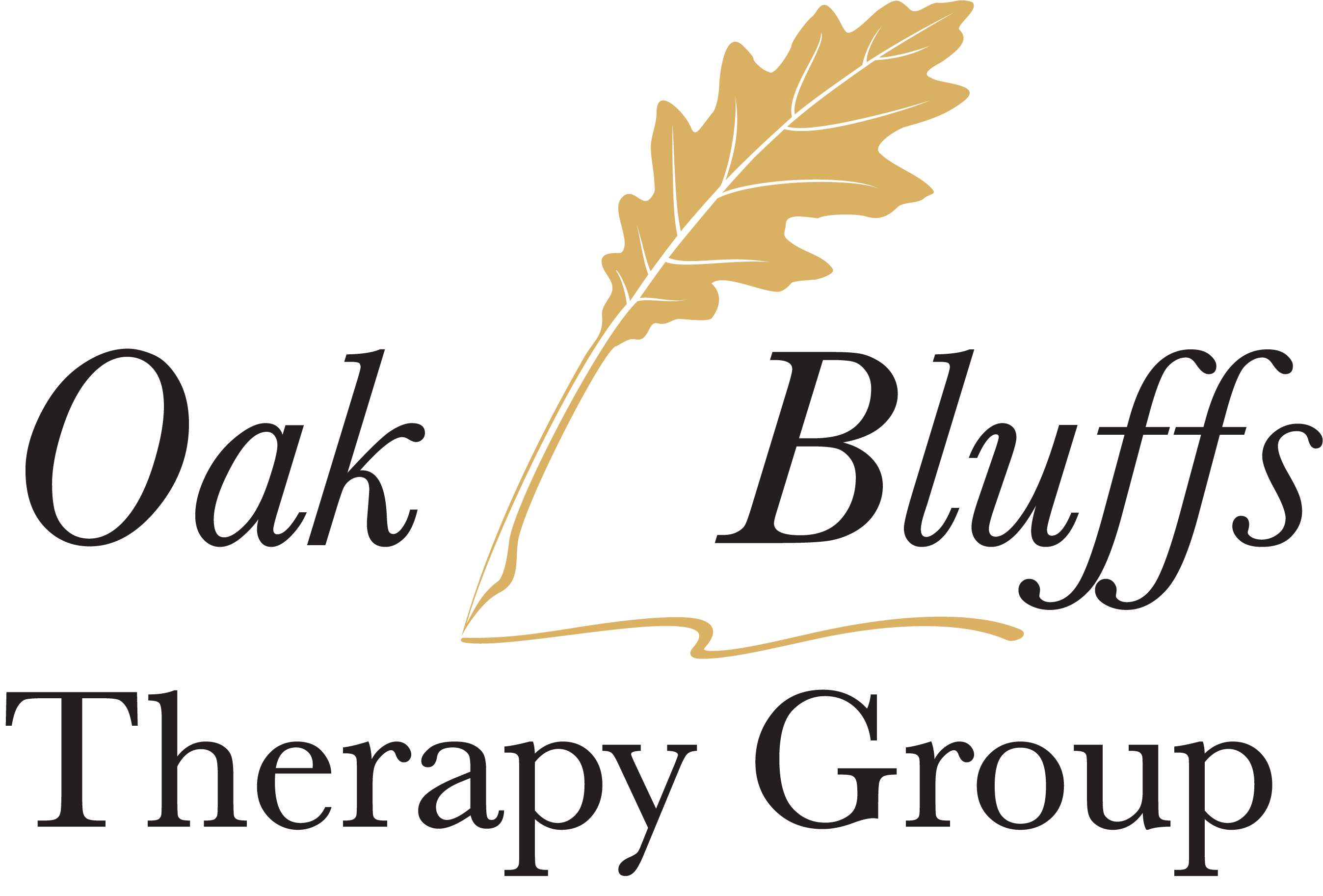DBT Therapy is the cornerstone of our comprehensive approach to addressing complex emotional and interpersonal challenges. We pride ourselves on delivering personalized DBT programs that cater to the unique needs of our clients, helping them achieve emotional stability and a better quality of life.
At Oak Bluffs, we use DBT to provide a multifaceted approach to healing. Our highly skilled DBT therapists conduct individual therapy sessions, fostering a strong therapeutic alliance with each client to address their specific emotional struggles and self-destructive behaviors. In addition, we offer group skills training sessions, creating a supportive and educational environment where clients can learn valuable strategies for emotional regulation and interpersonal effectiveness. For those requiring immediate assistance, our phone coaching services are available to provide guidance and support outside of scheduled sessions.
DBT is a transformative therapy that empowers individuals to embrace acceptance and change in a balanced way. We believe in equipping our clients with the skills and tools they need to navigate life’s challenges, build healthier relationships, and ultimately lead a more fulfilling life. Through our tailored DBT programs, we are committed to helping individuals on their journey toward emotional resilience and well-being.

Dialectical Behavioral Therapy Dallas
For many Dallas residents, handling the ups and downs of emotions and interpersonal relationships can sometimes feel like steering through a storm without a compass. That’s where Dialectical Behavior Therapy (DBT) comes in. This form of therapy is a beacon of hope for those in turbulent emotional waters.
What Is Dialectical Behavior Therapy (DBT)?
Let’s start out with a working dialectical behavioral therapy definition. Dialectical Behavior Therapy (DBT) is a type of cognitive-behavioral therapy developed by psychologist Marsha M. Linehan in the late 1980s. It’s designed to help individuals manage intense emotional swings, self-destructive behaviors, and interpersonal conflicts.
What Does Dialectical Behavior Therapy Do?
Dialectical Behavior Therapy (DBT) helps individuals manage intense emotions, reduce self-destructive behaviors, and improve interpersonal relationships through skills training and individual/group therapy. It emphasizes balancing acceptance and change, while promoting mindfulness and distress tolerance.
DBT’s Core Ideas
Below are the keys to the philosophy behind DBT.
Dialectics: At its core, dialectical behavioral therapy in Dallas involves the process of dialectics, which is about balancing opposites and discovering a middle ground. It encourages individuals to accept their experiences while also working to change negative behaviors.
Mindfulness: DBT emphasizes mindfulness, which is the practice of being fully aware and present in the moment.
Therapeutic Components of DBT
Individual Therapy: One-on-one sessions with a therapist focus on addressing personal challenges and working towards treatment goals.
Group Skills Training: Individuals learn and practice behavioral skills in a group setting, covering areas like emotional regulation, distress tolerance, interpersonal effectiveness, and mindfulness.
Phone Coaching: Clients can contact their therapist between sessions for guidance on applying DBT skills to real-life challenges.
Emotional Regulation: Learning to manage and respond to emotional stimuli in a less reactive manner.
Distress Tolerance: Developing resilience and coping skills to handle distressing situations.

What Dialectical Behavioral Therapy Can Help With
Dialectical Behavior Therapy (DBT) can help with managing borderline personality disorder, depression, eating disorders, self-harm, suicidal ideation, substance abuse, and interpersonal conflicts, among other emotional and behavioral challenges.
How DBT Can Help with Addiction Treatment & Recovery
Dialectical behavior therapy in Dallas, Texas can aid addiction treatment and recovery by teaching coping skills to manage stress, emotions, and triggers associated with substance abuse. Through individual and group therapy at a facility for DBT therapy in Dallas, individuals learn mindfulness, emotional regulation, distress tolerance, and interpersonal effectiveness, which are crucial for maintaining sobriety and preventing relapse.
Dialectical Behavior Therapy Techniques
Dialectical Behavior Therapy (DBT) techniques include mindfulness practices, emotion regulation skills, distress tolerance skills, and interpersonal effectiveness skills. Through these techniques, individuals learn to manage emotions, cope with distress, improve relationships, and live in the moment. You can make the most of the techniques involved in DBT therapy in Dallas with help from Oak Bluffs Therapy Group.
Benefits of Dialectical Behavior Therapy
Dialectical Behavior Therapy’s benefits include improved emotional regulation, reduced self-destructive behaviors, enhanced interpersonal relationships, better distress tolerance, and increased mindfulness. Through learning and applying DBT in Dallas individuals can achieve a more stable and fulfilling life.
Success Rate of DBT Therapy
DBT has demonstrated effectiveness in treating various psychological disorders, particularly Borderline Personality Disorder (BPD). Patients showed significant improvement regarding self-injurious behaviors, inpatient hospital stays, and symptom severity, with 77% no longer meeting BPD criteria after the first treatment year.
The therapy’s success is often evaluated based on its ability to produce lasting change. Research indicates that positive outcomes associated with DBT are significant in the short term and can be maintained over time. In one study, individuals with BPD who received DBT continued to exhibit improvements in functioning and symptom reduction one year post-treatment.

Is DBT for Me?
DBT may be beneficial if you’re dealing with intense emotional swings, interpersonal difficulties, self-destructive behaviors, or specific mental health disorders like Borderline Personality Disorder (BPD), depression, or substance abuse. It’s advisable to consult with a mental health professional to determine if DBT is the right approach for your situation. The staff at Oak Bluffs, a center for dialectical and cognitive behavioral therapies in Dallas, Texas, is here to help.
Get Started with Dialectical Behavior Therapy in Dallas
To get started with Dialectical Behavior Therapy (DBT):
It’s advisable to discuss with a mental health professional to further understand the process and benefits of DBT.
Still reading? If you or someone you know faces challenges such as depression, eating disorders, self-harm, suicidal ideation, substance abuse, interpersonal contacts, or Borderline Personality Disorder, request a call today to find out how Dialectical Behavioral Therapy can help.
Frequently Asked Questions (FAQ) about Dialectical Behavior Therapy (DBT)
Individuals facing challenges such as Borderline Personality Disorder (BPD), depression, eating disorders, self-harm, suicidal ideation, substance abuse, and interpersonal conflicts may find DBT beneficial.
To initiate DBT, find a therapist trained in this modality, undergo an assessment to ensure DBT is suitable for your needs, and engage in both individual and group therapy sessions. It’s important to remain committed to the therapy process, regularly attend sessions, and practice the skills learned in everyday situations.
Online DBT therapy is available and can be a convenient option for individuals who may have barriers to attending in-person therapy. Online DBT can provide the necessary skills training and therapeutic support, although it’s advisable to discuss the suitability of online DBT with a mental health professional.
For more information on DBT, you may want to visit reputable websites of mental health organizations, consult books on DBT, or contact local mental health clinics that offer DBT services.
While both therapies aim to change negative thought patterns and behaviors, DBT places a stronger emphasis on emotional and social aspects. It provides skills to manage intense emotions and improve interpersonal relationships, while also promoting mindfulness, acceptance, and tolerance of distress.
A typical DBT session might involve reviewing homework from skills training groups, discussing recent crises or problematic behaviors, exploring alternative coping strategies, and practicing mindfulness exercises. The approach is collaborative with a focus on building a trusting therapeutic relationship.
DBT can be integrated with other therapeutic approaches or medications as deemed appropriate by a mental health professional. It’s crucial to have a coordinated care plan to ensure the effectiveness and safety of the treatment.
DBT is an evidence-based therapy with substantial research supporting its effectiveness in treating various psychological disorders, particularly Borderline Personality Disorder (BPD).
While DBT can be highly effective, it requires a significant time and effort commitment from individuals. Some may find the intensity of the therapy challenging. Additionally, access to trained DBT therapists and groups might be limited in some areas.

